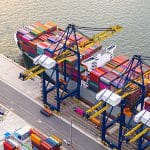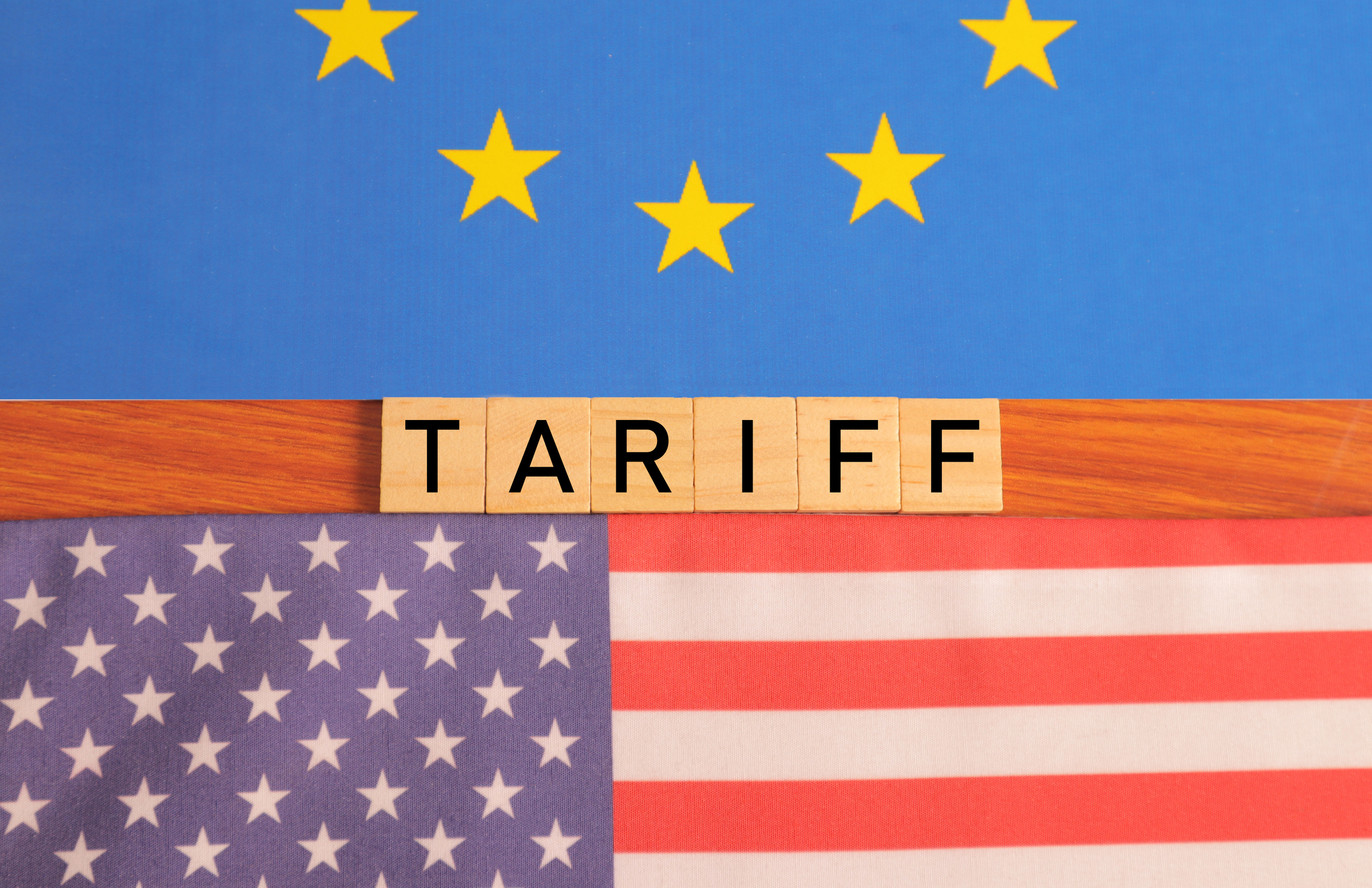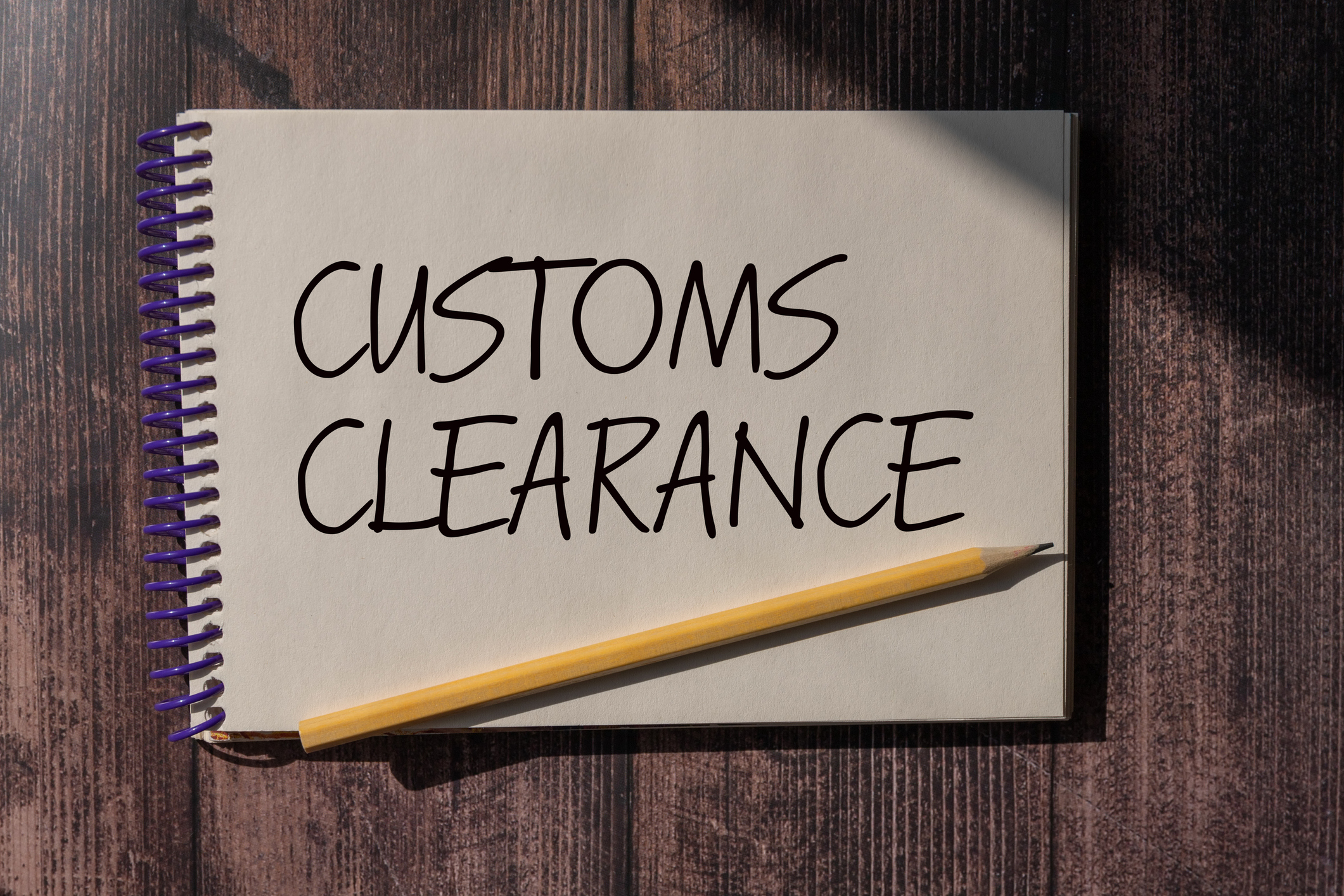
EU–Turkey Trade: Opportunities and Challenges for Polish Carriers
Although Turkey is not a member of the European Union, it has maintained a special trade relationship with the EU for nearly 30 years through the customs union. What opportunities and challenges does this present for Polish entrepreneurs and carriers?
Turkey is neither a member of the EU nor of EFTA, but since 1995 it has operated within a customs union with the European Union based on the Association Council Decision No. 1/95. This means that industrial goods and some processed agricultural and food products can be traded duty-free between Turkey and the EU.
– However, it is crucial to understand that this applies only to goods originating in the customs territories of the EU and Turkey. Without proper certificates of origin and an internal origin policy, preferential treatment is out of the question – explains Joanna Porath, owner of the AC Porath Customs Agency.
It is worth noting that Poland is one of Turkey’s largest trading partners. Poland mainly exports machinery, plastics, and vehicles, while imports from Turkey primarily include clothing, household appliances, steel, and household goods.
Legal Basis for Cooperation
The EU–Turkey customs union is based on strong legal foundations stemming from the 1963 Turkey–EEC Association Agreement (Ankara Agreement). The system provides for:
- free movement of goods covered by the customs union between the EU and Turkey
- Turkey’s alignment with the EU’s Common Customs Tariff
- harmonization of customs regulations and mutual assistance in customs matters
The customs union covers only industrial goods and processed agricultural products, which is a significant limitation compared to full EU membership.
Duties and Rules of Origin
Industrial goods (CN 25–97, excluding certain agro-food articles) are exempt from customs duties if they are in free circulation in Turkey or the EU, or if they are accompanied by an A.TR document as proof of preferential origin.
– A common mistake is misunderstanding the A.TR document. For example, an A.TR cannot be issued for Chinese goods just because they passed through Turkey. The A.TR confirms Turkish origin, not transit route – warns Joanna Porath.
On the other hand, some agricultural and food products are not covered by the customs union. In these cases, tariff quotas, WTO rates, or GSP preferences apply—provided that origin rules are met.
Documentation Challenges for Carriers
The variety of required documents poses one of the main challenges for transport companies. The A.TR document is required for importing and exporting industrial goods and confirms that the goods are covered by the EU–Turkey customs union. The EUR.1 certificate is used for certain goods outside the customs union to confirm preferential origin. For shipments valued below EUR 6,000, an invoice declaration can serve as an alternative to the EUR.1, acting as a self-issued exporter’s statement. Regardless of the type of goods, all commercial shipments require a standard invoice and packing list containing essential trade and logistics information.
– Carriers must be particularly careful when verifying documents. Mistakes in documentation can result in additional duties and delays at the border – emphasizes the AC Porath expert.
Technical Regulations and VAT – Pitfalls for the Unprepared
Turkey implements many EU directives as part of the customs union alignment, which means that Polish importers must meet the same technical requirements as when importing from within the EU. This is especially relevant for machinery, electronics, and chemical products. Imports from Turkey to the EU are subject to VAT under general rules — it is calculated on the customs value, customs duties, and transport costs. Even if the duty rate is 0%, VAT still applies.
Recommendations for Carriers
Key areas to pay attention to include:
- verifying the origin of goods before issuing documents
- understanding the differences between A.TR and EUR.1 documents
- preparing for customs inspections and additional technical requirements
- planning for VAT costs in transport pricing
– When analyzing Turkey’s trade status in relation to the European Union, clear differences emerge compared to full EU membership. The EU–Turkey customs union offers significant opportunities for Polish businesses, but it demands a professional approach to documentation and customs procedures. For carriers, this means continuously improving competencies and cooperating with experienced partners in customs services – concludes Joanna Porath.









